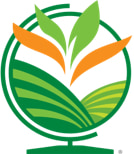Meet The Fellows - Linda Chase
Grow with Google + American Farm Bureau Foundation for Agriculture As a Farm Bureau Foundation Fellow, Linda wants to ensure that her students are leaders and that women and girls continue to progress in agriculture and agriculture education. She 's encouraged by the changes she 's witnessed over the years.
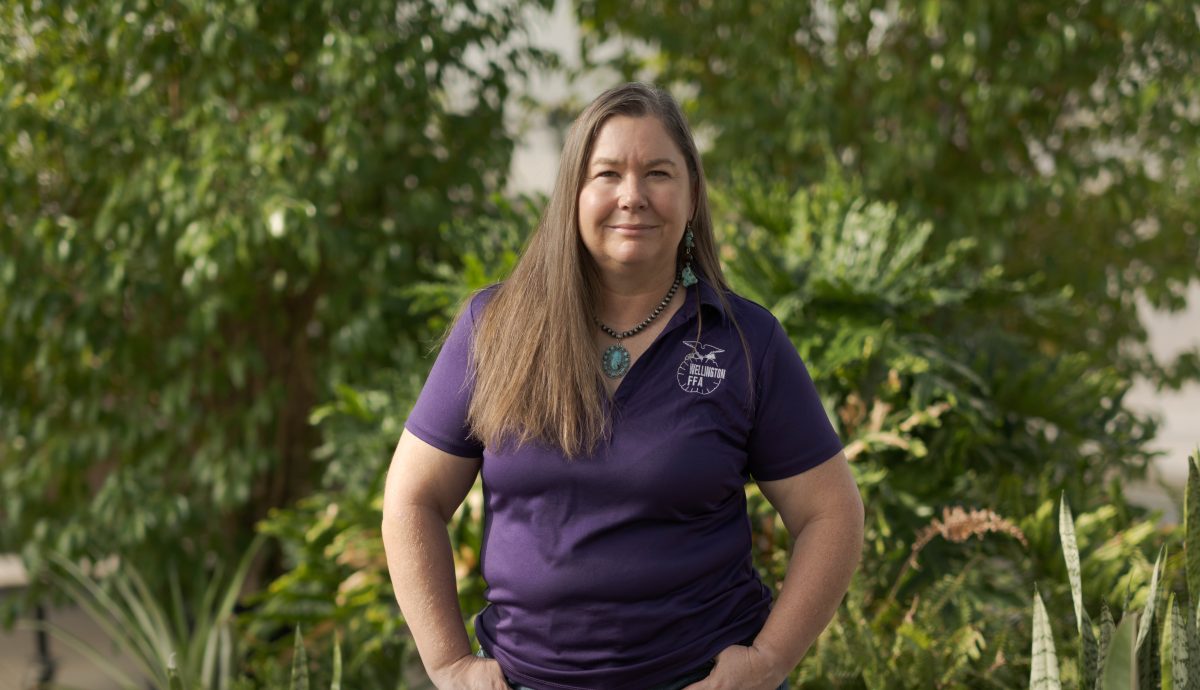
Grow with Google and the American Farm Bureau Foundation for Agriculture have selected the Farm Bureau Foundation Fellows, who will create lessons that make digital skills and agricultural literacy more accessible to students across the country, with a focus on rural classrooms.The Fellows will focus on equipping rural students with classroom and career-focused digital skills while introducing students across the country to fundamental agricultural concepts.
Meet Linda Chase:
Linda Chase grew up on a South Wichita, Kansas farm as the youngest of four children. The family raised livestock and grew enough crops to eliminate the need for regular grocery shopping. All the kids learned to drive a tractor early on, and everyone pitched in around the farm. While neither of her parents had the opportunity to go to college, they encouraged their children to do so.
Linda thought she’d go to veterinary school, but when she enrolled at Northwestern Oklahoma State University, she found her niche: agribusiness. It was a perfect blend that would allow her to pursue her passion for agriculture while expanding her understanding of the business side of farming.
As one of only four women in a program of 30, it was quickly apparent that her newly chosen career path would be challenging. While she felt that women were discouraged from pursuing business and management, she didn’t let that stop her. Instead, Linda pivoted, realizing that teaching would allow her to shape the minds of students and maybe even those who felt women had no place in agriculture.
As she was getting her master's degree at Northwestern Oklahoma State University, Linda’s mother was diagnosed with cancer. Linda moved back to the family farm to help with her care. To make ends meet, Linda worked at a local credit union. She was good at the job and eventually began to imagine herself staying there. An attempted robbery and a chance encounter with a mentor helped her gain some perspective.
It took a lot of patience and a lot of time and a lot of willpower, because you kind of had to make yourself one of the guys and make everybody believe that you were just as tough and could do all of the stuff–weld, fix small engines–just like all the guys could.
“My personality was such that he knew being in a bank was just not enough for me. I needed to reach out to young people and help them learn about agriculture, and help them help themselves,” she says. “If I can take on two guys that are robbing a bank, I can take on a classroom of 9th to 12th graders pretty easily.”
Getting a degree in education from Kansas State University would advance her on her path to pursue her new purpose—to help increase representation for women in agriculture. Even with the teaching certificate in hand, getting a job wasn’t easy.
During an early attempt to land a teaching position in western Kansas, one of her interviewers questioned her ability to weld. Although she was wearing a dress and had prepared for a formal job interview, Linda took action.
“I was like, oh no, now you did it. So I went out to the shop and found a jacket, gloves, and a helmet,“ she says.
None of the male candidates had to demonstrate their welding skills. Linda was offered the job, but it was just one of several times she had to prove that she, and women in general, could be agriculture educators. When she started teaching there were only a handful of women Ag teachers in the entire state of Kansas.

In 2010, Linda became the first female president of the Kansas Association of Agricultural Educators. In 2014, she was the Kansas Agri-Science Teacher of the Year and Region II National Agri-Science Teacher of the Year.
“I always push my students to do things that are outside of their comfort levels — to be leaders [and] take charge of things. I'm always pushing them to try to be a district officer, a chapter officer, a state officer,” she says. “And my feelings are, if I'm not willing to do it, then why should I expect them to do it?”
As a Farm Bureau Foundation Fellow, Linda wants to ensure that her students are leaders and that women and girls continue to progress in agriculture and agriculture education. She’s encouraged by the changes she’s witnessed over the years.
“I started seeing other females interested in agriculture education, and it really became a big focus for me to try to get them to stay in agriculture, to continue building and working hard, and getting more females,” she says. “It's changed a lot in 25 years. I'm just really glad that they have the opportunities.“
She is also working to develop a place-based curriculum that incorporates agriculture, technology, and digital skills into a lesson on Google’s Applied Digital Skills platform.

